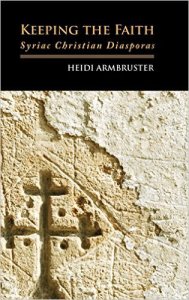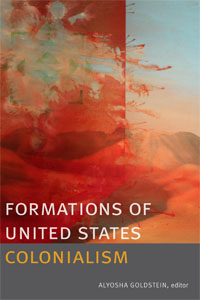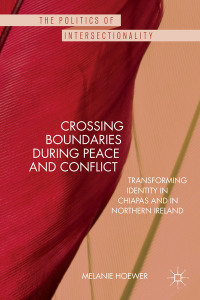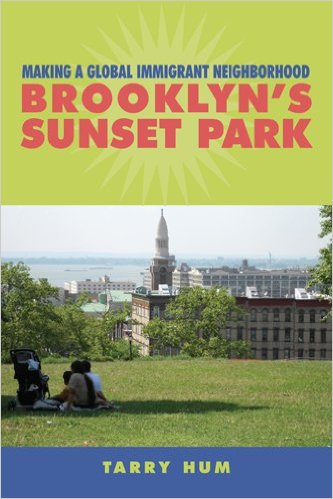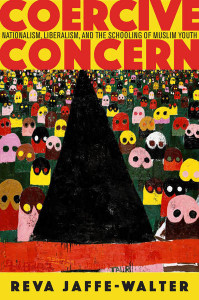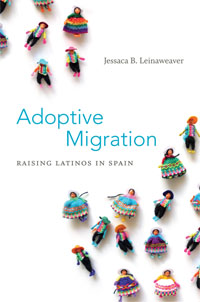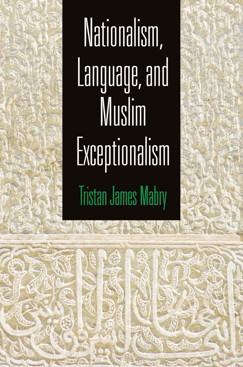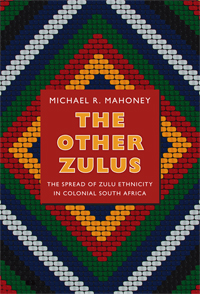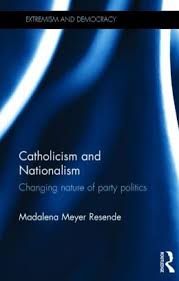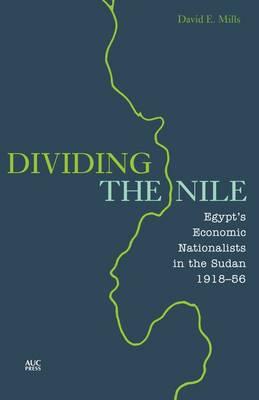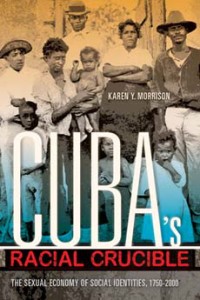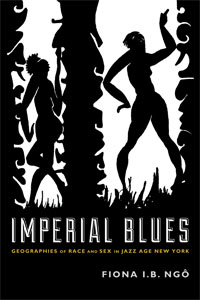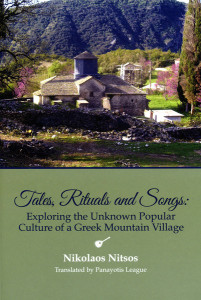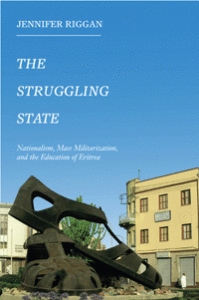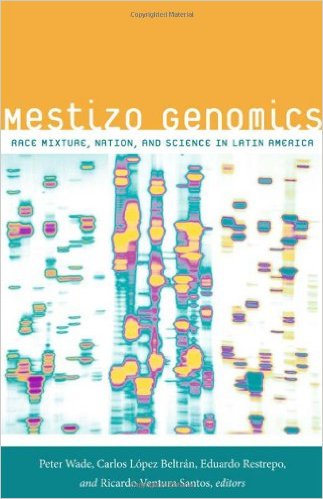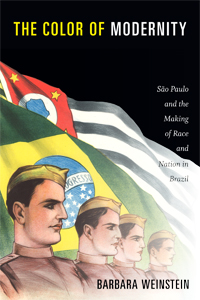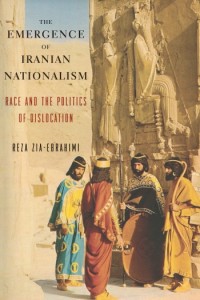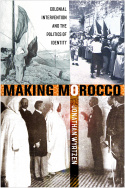Olympic Bidding, Multicultural Nationalism, Terror, and the Epistemological Violence of ‘Making Britain Proud’
By Mark Falcous and Michael L. Silk
Volume 10, Issue 2, pages 167-186
Abstract
This paper excavates the entanglement of British nationalist identity politics with sport, terrorism, place re-imagining, mega-event bidding, and corporate neoliberalism. We focus on London’s 2012 olympic bidding and the coalescence of corporate, state, civic, and sporting interests surrounding the national (re)imaginings that characterised the bid. We open with a critical reading of the bid narratives explicating how selective assertions of Britishness were envisioned through the motifs of harmonious multicultural unity, ‘youth’, and passion for sport. We focus on how these narratives offered up ‘idealised’ multicultural citizens and harmonious diversity as a reactionary form of nationalist ‘pride politics’ (Fortier 2005). We subsequently juxtapose these narratives with a critical reading of English press and political discourse in the aftermath of the 7 July 2005 bombings – the day after London was awarded the olympic games. This juxtaposition reveals the tensions and ambiguities between assertions of inclusive civic nationalism – that apparently transcends ethnic difference – and the geo-politics of the ‘war on terror’ within Britain’s post-imperial self imaginings. Specifically, we tease out the place – and ambiguities – of the 2012 olympics within these imaginings reading the London games as an exemplar of a soft-core ideological spectacle informing selective nationalist narratives within the context of unfolding neoliberal politics.
Read the full article here.

